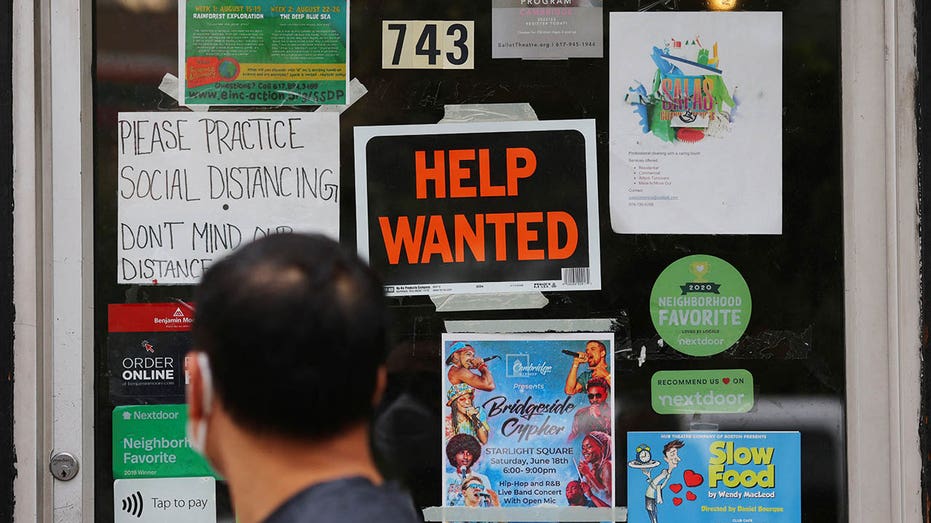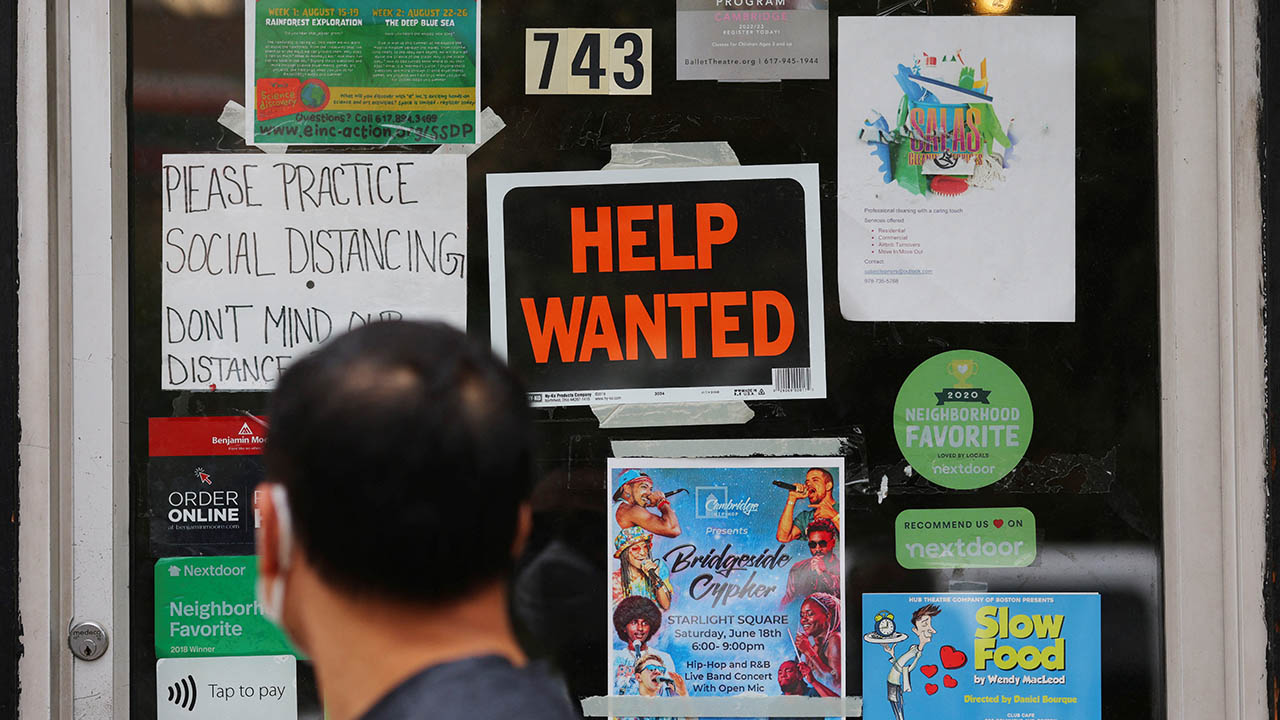Prepare for a bigger paycheck: Companies plan record-high increases in 2023
Bigger paychecks unlikely to offset stubbornly high inflation
Inflation is beginning to 'unwind': Brian Belski
BMO Capital Markets chief investment strategist Brian Belski thinks the market can still rally if the decreasing inflation 'trend' continues.
Companies plan to boost their salary budgets by 4.6% next year, the highest expected annual jump in 15 years as a labor shortage and inflation force employers to compete for a limited number of workers.
That's according to a new survey from consulting firm Willis Towers Watson, which showed that overall salary increases in the U.S. will be the most since 2007 and above the 4.2% increase this year.
A majority of the 1,560 U.S. employers surveyed between Oct. 3 to Nov. 4 attributed the increase to inflation and the tightest labor market in decades.
The extremely tight labor market has allowed workers to quit their jobs in favor of better wages, working conditions and hours – a new trend dubbed the "Great Resignation." The Labor Department reported last month that employers had 10.7 million positions open at the end of September, meaning there are roughly 1.9 posted jobs for every unemployed worker.
INFLATION HOLDS GRIP ON US ECONOMY AS PRICES REMAIN STUBBORNLY HIGH

A pedestrian passes a "Help Wanted" sign in the door of a hardware store in Cambridge, Massachusetts, U.S., July 8, 2022. (REUTERS/Brian Snyder / Reuters Photos)
The number of available jobs has topped 10 million for 15 consecutive months; before the pandemic began in February 2020, the highest on record was 7.7 million.
Switching jobs has been a windfall for many workers over the past year, with employees seeing an average 6.7% annual wage growth rate – a marked increase from the 4.9% of workers who do not switch jobs, according to the Atlanta Fed.
Despite the wage increases – and the possibility of a record-high hike next year – headline inflation is still wiping out the majority of Americans' paychecks.
THE FED'S WAR ON INFLATION COULD COST 1M JOBS
The Labor Department reported that average hourly earnings for all employees actually declined by 2.8% in October from the same month a year ago when factoring in the impact of rising consumer prices. On a monthly basis, average hourly earnings dropped by 0.1% last month when accounting for the inflation spike.
By that measure, the typical U.S. worker is actually worse off today than a year ago, even though nominal wages are rising at the fastest pace in years.
Scorching-hot inflation, which climbed 7.7% in October, has created severe financial pressures for most U.S. households, which are forced to pay more for everyday necessities like food and rent. The burden is disproportionately borne by low-income Americans, whose already-stretched paychecks are heavily impacted by price increases.
GET FOX BUSINESS ON THE GO BY CLICKING HERE





















